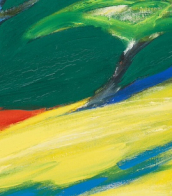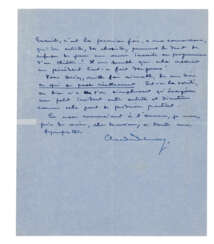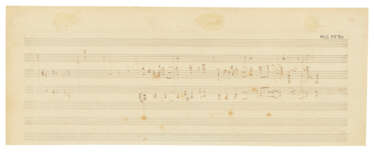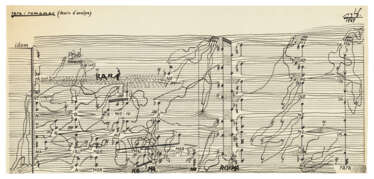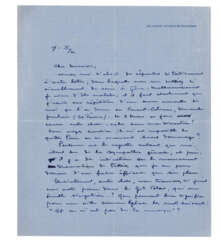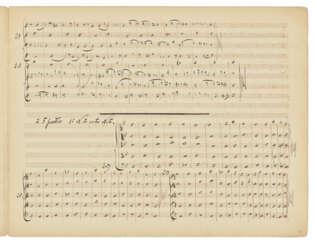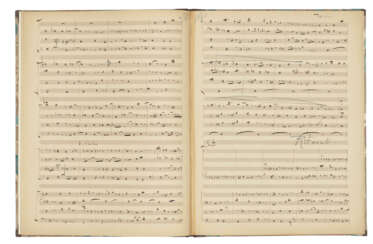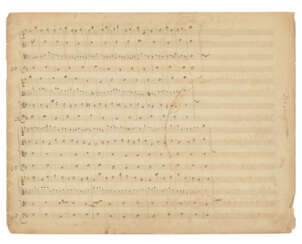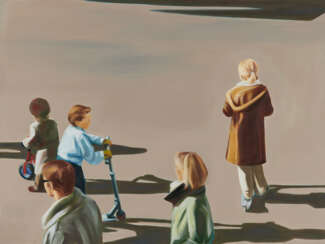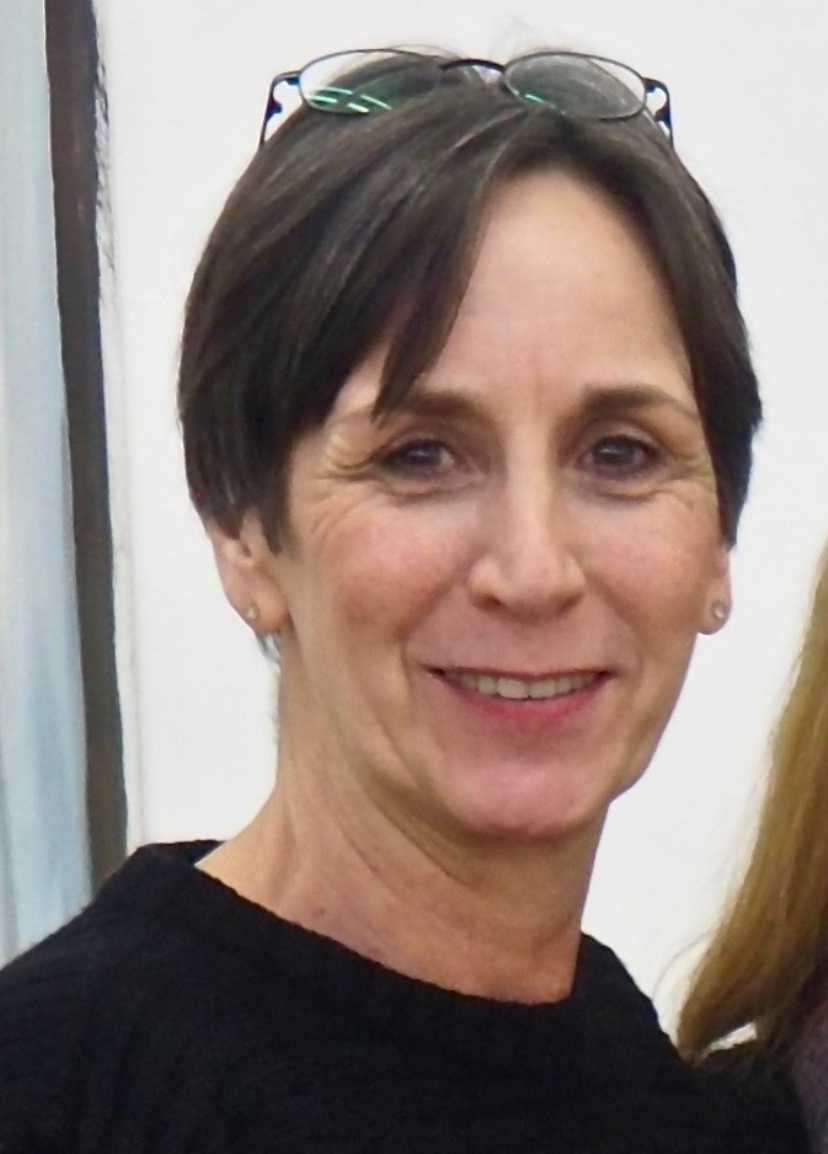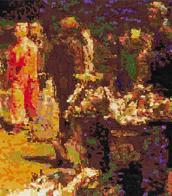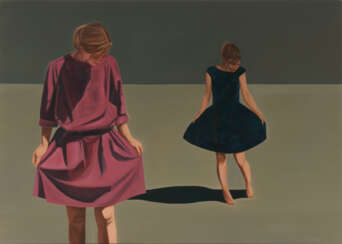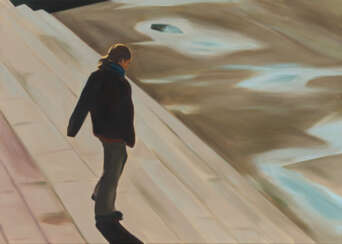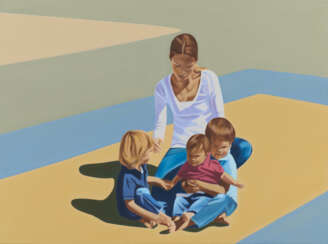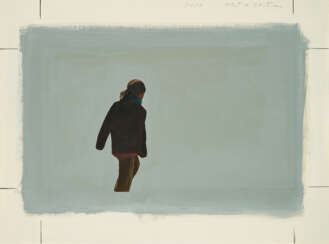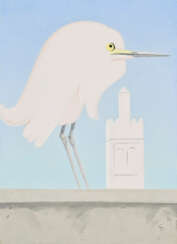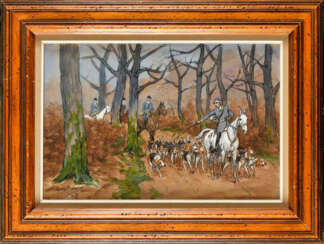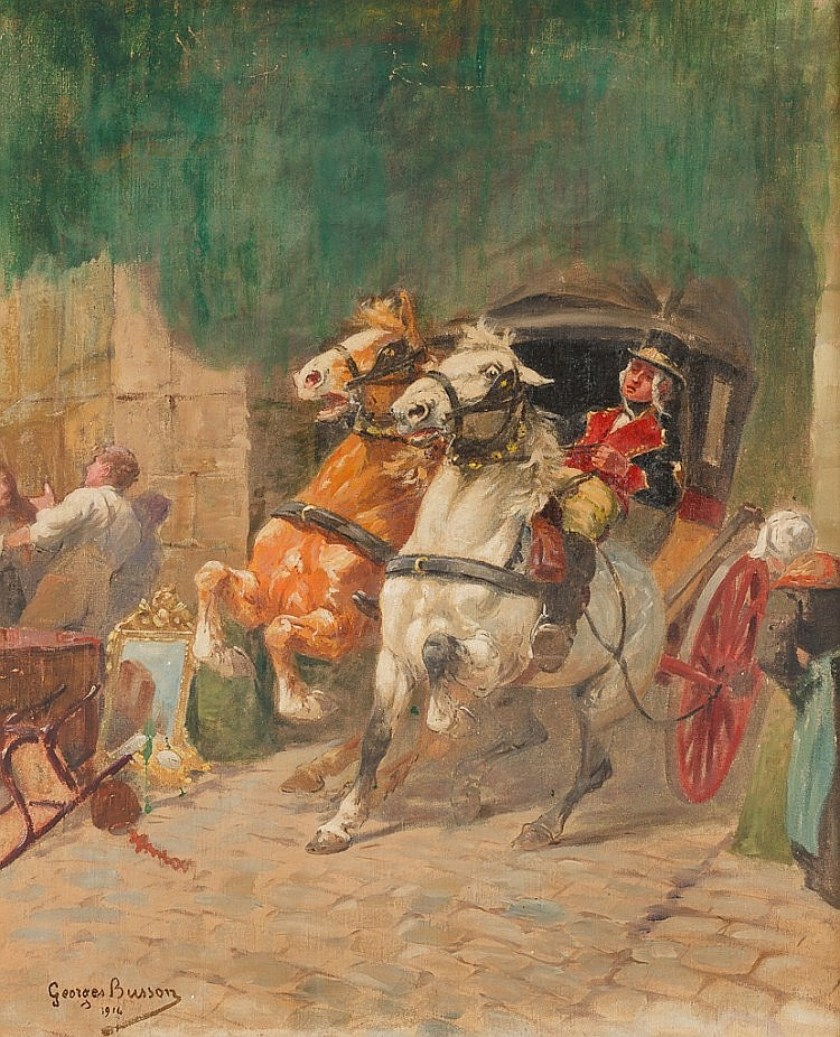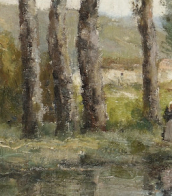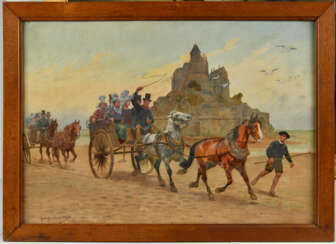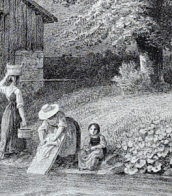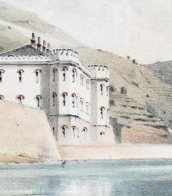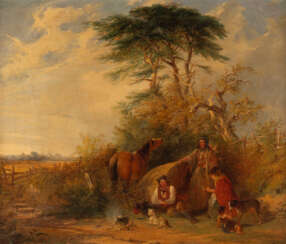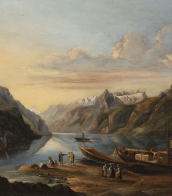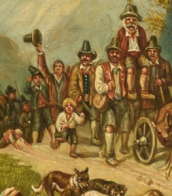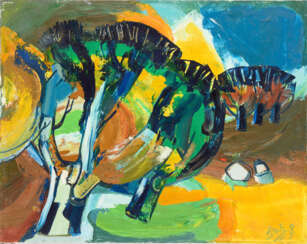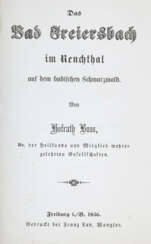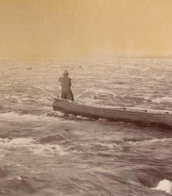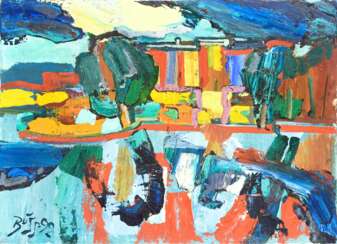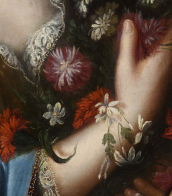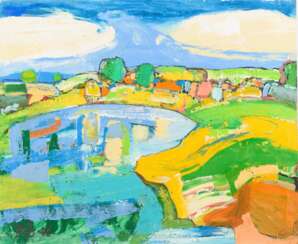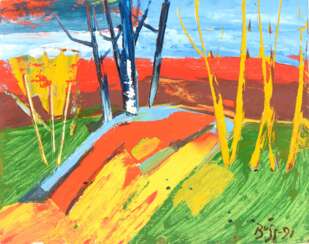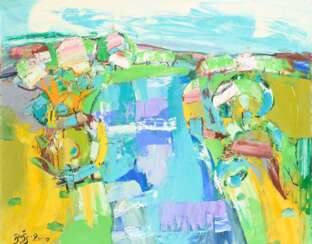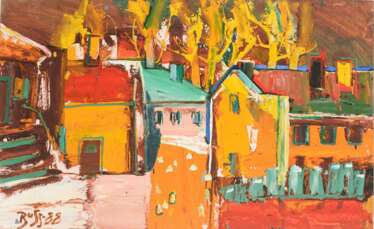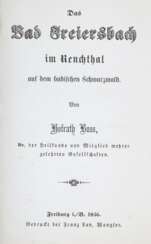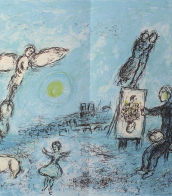buss
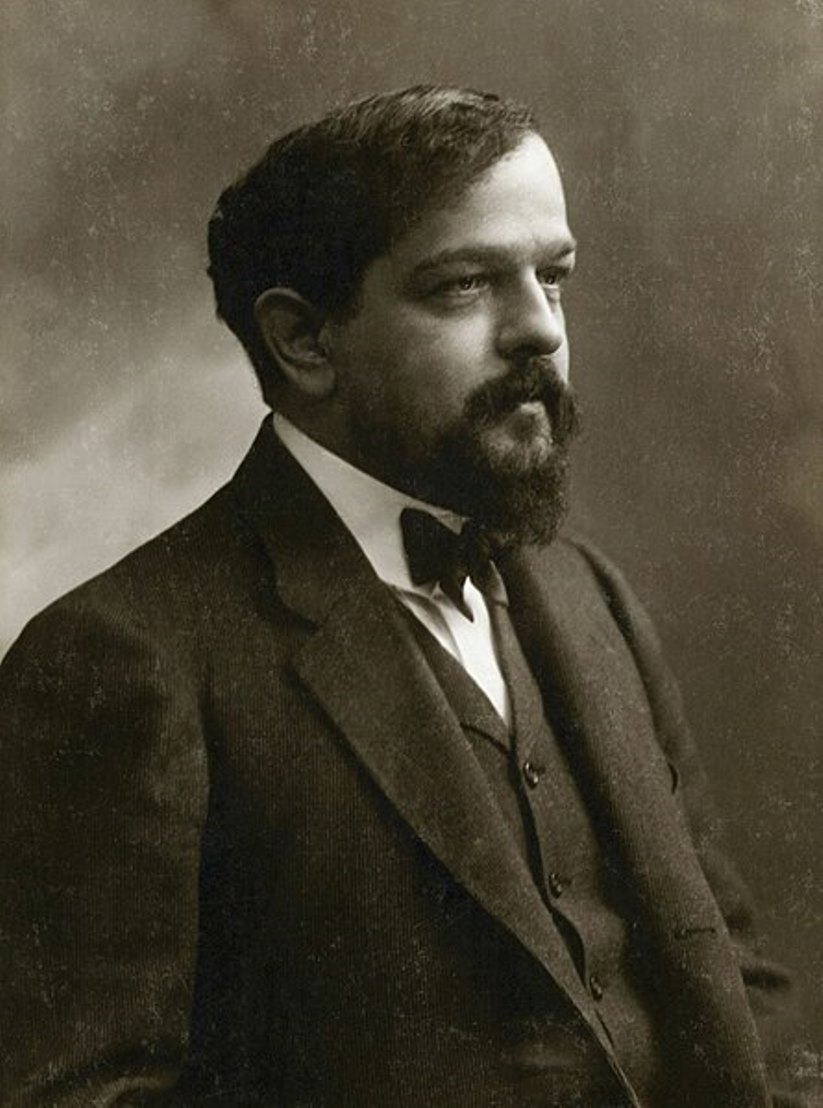
Claude Debussy, full name Achille-Claude Debussy, was a French composer, conductor, pianist and critic, a leading representative of Impressionism in music.
Debussy showed musical talent early and entered the Paris Conservatory. He lived in poverty, but at the same time he learned a luxurious life: the Russian philanthropist and the richest woman, Nadezhda Filaretovna von Meck, took him under her tutelage, he mused with her children and traveled with her around Europe. His sensitive nature could not but respond to all these contrasts. During this period Debussy created one of his masterpieces, Moonlight from the Bergamo Suite.
Debussy spent the summers of 1881 and 1882 near Moscow, at the von Meck estate. In this house Debussy became acquainted with the new Russian music of Tchaikovsky, Borodin, Balakirev and Modest Mussorgsky. His stay in Russia had a beneficial effect on the young musician's development. Debussy was also influenced by the work of Richard Wagner. He developed a highly original system of harmony and musical structure that in many ways expressed the ideals to which the Impressionist and Symbolist artists and writers of his time aspired.
Debussy toured with concerts and conducted his works in England, Italy, Russia and other countries. Claude Debussy's famous works include the Prelude to the Afternoon of a Faun (1894), the operas Pelléas et Mélisande and The Sea (1905), the suite Children's Corner (1906-1908) and the orchestral cycle Images (1912). In 1913 he composed music for the ballet Games, which was performed by Sergei Diaghilev's Russian Seasons company in Paris and London.


Claude Debussy, full name Achille-Claude Debussy, was a French composer, conductor, pianist and critic, a leading representative of Impressionism in music.
Debussy showed musical talent early and entered the Paris Conservatory. He lived in poverty, but at the same time he learned a luxurious life: the Russian philanthropist and the richest woman, Nadezhda Filaretovna von Meck, took him under her tutelage, he mused with her children and traveled with her around Europe. His sensitive nature could not but respond to all these contrasts. During this period Debussy created one of his masterpieces, Moonlight from the Bergamo Suite.
Debussy spent the summers of 1881 and 1882 near Moscow, at the von Meck estate. In this house Debussy became acquainted with the new Russian music of Tchaikovsky, Borodin, Balakirev and Modest Mussorgsky. His stay in Russia had a beneficial effect on the young musician's development. Debussy was also influenced by the work of Richard Wagner. He developed a highly original system of harmony and musical structure that in many ways expressed the ideals to which the Impressionist and Symbolist artists and writers of his time aspired.
Debussy toured with concerts and conducted his works in England, Italy, Russia and other countries. Claude Debussy's famous works include the Prelude to the Afternoon of a Faun (1894), the operas Pelléas et Mélisande and The Sea (1905), the suite Children's Corner (1906-1908) and the orchestral cycle Images (1912). In 1913 he composed music for the ballet Games, which was performed by Sergei Diaghilev's Russian Seasons company in Paris and London.
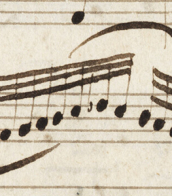
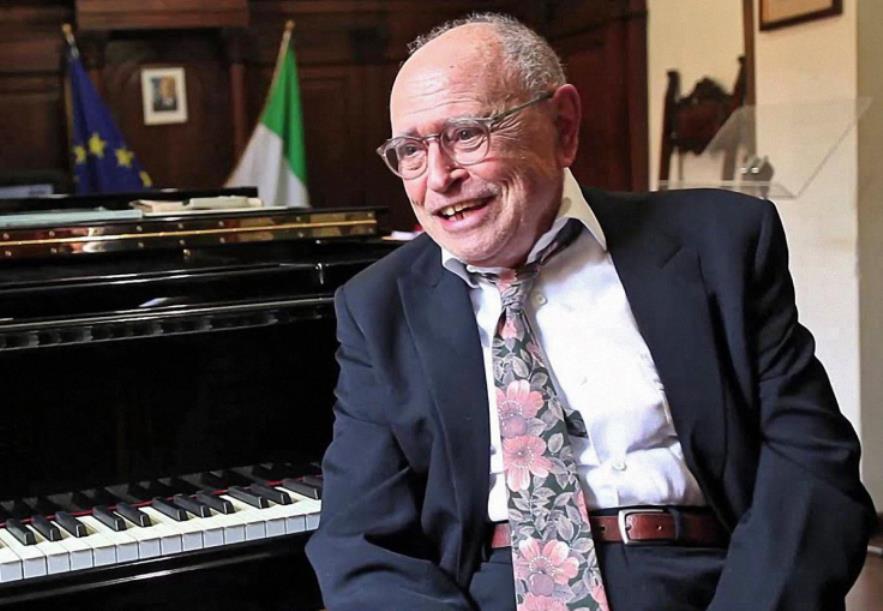
Silvano Bussotti is an Italian composer, painter and opera director, set and costume designer.
Silvano learned to play the violin at an early age, studied harmony and counterpoint at the Cherubini Conservatory in Florence, and studied with various teachers. In addition to music, he was fond of drawing and painting. His first works, influenced by Luigi Dallapiccola and Roberto Lupi, were written in the avant-garde dodecaphonic technique, and he also made extensive use of the aleatoric method. Bussotti was a participant in "anti-music" concerts, for which he created works without any sounds at all.
Bussotti's compositions include numerous pieces for various vocal, instrumental and mixed ensembles. In 1963 he co-founded the Group of 70 (Florence). Between 1968 and 2001 he worked as a director, costume designer and stage designer at the leading opera houses in Italy, La Scala, La Fenice; Massimo (Palermo), Reggio (Turin) and others. In total, he created about 40 opera productions.
Bussotti's art exhibitions are held in various countries around the world. Bussotti is also known for his extravagant graphic scores, in which he found self-expression as an artist, but this hides the meaningful nature of his musical achievements.


Claude Debussy, full name Achille-Claude Debussy, was a French composer, conductor, pianist and critic, a leading representative of Impressionism in music.
Debussy showed musical talent early and entered the Paris Conservatory. He lived in poverty, but at the same time he learned a luxurious life: the Russian philanthropist and the richest woman, Nadezhda Filaretovna von Meck, took him under her tutelage, he mused with her children and traveled with her around Europe. His sensitive nature could not but respond to all these contrasts. During this period Debussy created one of his masterpieces, Moonlight from the Bergamo Suite.
Debussy spent the summers of 1881 and 1882 near Moscow, at the von Meck estate. In this house Debussy became acquainted with the new Russian music of Tchaikovsky, Borodin, Balakirev and Modest Mussorgsky. His stay in Russia had a beneficial effect on the young musician's development. Debussy was also influenced by the work of Richard Wagner. He developed a highly original system of harmony and musical structure that in many ways expressed the ideals to which the Impressionist and Symbolist artists and writers of his time aspired.
Debussy toured with concerts and conducted his works in England, Italy, Russia and other countries. Claude Debussy's famous works include the Prelude to the Afternoon of a Faun (1894), the operas Pelléas et Mélisande and The Sea (1905), the suite Children's Corner (1906-1908) and the orchestral cycle Images (1912). In 1913 he composed music for the ballet Games, which was performed by Sergei Diaghilev's Russian Seasons company in Paris and London.
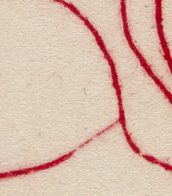

Claude Debussy, full name Achille-Claude Debussy, was a French composer, conductor, pianist and critic, a leading representative of Impressionism in music.
Debussy showed musical talent early and entered the Paris Conservatory. He lived in poverty, but at the same time he learned a luxurious life: the Russian philanthropist and the richest woman, Nadezhda Filaretovna von Meck, took him under her tutelage, he mused with her children and traveled with her around Europe. His sensitive nature could not but respond to all these contrasts. During this period Debussy created one of his masterpieces, Moonlight from the Bergamo Suite.
Debussy spent the summers of 1881 and 1882 near Moscow, at the von Meck estate. In this house Debussy became acquainted with the new Russian music of Tchaikovsky, Borodin, Balakirev and Modest Mussorgsky. His stay in Russia had a beneficial effect on the young musician's development. Debussy was also influenced by the work of Richard Wagner. He developed a highly original system of harmony and musical structure that in many ways expressed the ideals to which the Impressionist and Symbolist artists and writers of his time aspired.
Debussy toured with concerts and conducted his works in England, Italy, Russia and other countries. Claude Debussy's famous works include the Prelude to the Afternoon of a Faun (1894), the operas Pelléas et Mélisande and The Sea (1905), the suite Children's Corner (1906-1908) and the orchestral cycle Images (1912). In 1913 he composed music for the ballet Games, which was performed by Sergei Diaghilev's Russian Seasons company in Paris and London.


Claude Debussy, full name Achille-Claude Debussy, was a French composer, conductor, pianist and critic, a leading representative of Impressionism in music.
Debussy showed musical talent early and entered the Paris Conservatory. He lived in poverty, but at the same time he learned a luxurious life: the Russian philanthropist and the richest woman, Nadezhda Filaretovna von Meck, took him under her tutelage, he mused with her children and traveled with her around Europe. His sensitive nature could not but respond to all these contrasts. During this period Debussy created one of his masterpieces, Moonlight from the Bergamo Suite.
Debussy spent the summers of 1881 and 1882 near Moscow, at the von Meck estate. In this house Debussy became acquainted with the new Russian music of Tchaikovsky, Borodin, Balakirev and Modest Mussorgsky. His stay in Russia had a beneficial effect on the young musician's development. Debussy was also influenced by the work of Richard Wagner. He developed a highly original system of harmony and musical structure that in many ways expressed the ideals to which the Impressionist and Symbolist artists and writers of his time aspired.
Debussy toured with concerts and conducted his works in England, Italy, Russia and other countries. Claude Debussy's famous works include the Prelude to the Afternoon of a Faun (1894), the operas Pelléas et Mélisande and The Sea (1905), the suite Children's Corner (1906-1908) and the orchestral cycle Images (1912). In 1913 he composed music for the ballet Games, which was performed by Sergei Diaghilev's Russian Seasons company in Paris and London.


Claude Debussy, full name Achille-Claude Debussy, was a French composer, conductor, pianist and critic, a leading representative of Impressionism in music.
Debussy showed musical talent early and entered the Paris Conservatory. He lived in poverty, but at the same time he learned a luxurious life: the Russian philanthropist and the richest woman, Nadezhda Filaretovna von Meck, took him under her tutelage, he mused with her children and traveled with her around Europe. His sensitive nature could not but respond to all these contrasts. During this period Debussy created one of his masterpieces, Moonlight from the Bergamo Suite.
Debussy spent the summers of 1881 and 1882 near Moscow, at the von Meck estate. In this house Debussy became acquainted with the new Russian music of Tchaikovsky, Borodin, Balakirev and Modest Mussorgsky. His stay in Russia had a beneficial effect on the young musician's development. Debussy was also influenced by the work of Richard Wagner. He developed a highly original system of harmony and musical structure that in many ways expressed the ideals to which the Impressionist and Symbolist artists and writers of his time aspired.
Debussy toured with concerts and conducted his works in England, Italy, Russia and other countries. Claude Debussy's famous works include the Prelude to the Afternoon of a Faun (1894), the operas Pelléas et Mélisande and The Sea (1905), the suite Children's Corner (1906-1908) and the orchestral cycle Images (1912). In 1913 he composed music for the ballet Games, which was performed by Sergei Diaghilev's Russian Seasons company in Paris and London.


Claude Debussy, full name Achille-Claude Debussy, was a French composer, conductor, pianist and critic, a leading representative of Impressionism in music.
Debussy showed musical talent early and entered the Paris Conservatory. He lived in poverty, but at the same time he learned a luxurious life: the Russian philanthropist and the richest woman, Nadezhda Filaretovna von Meck, took him under her tutelage, he mused with her children and traveled with her around Europe. His sensitive nature could not but respond to all these contrasts. During this period Debussy created one of his masterpieces, Moonlight from the Bergamo Suite.
Debussy spent the summers of 1881 and 1882 near Moscow, at the von Meck estate. In this house Debussy became acquainted with the new Russian music of Tchaikovsky, Borodin, Balakirev and Modest Mussorgsky. His stay in Russia had a beneficial effect on the young musician's development. Debussy was also influenced by the work of Richard Wagner. He developed a highly original system of harmony and musical structure that in many ways expressed the ideals to which the Impressionist and Symbolist artists and writers of his time aspired.
Debussy toured with concerts and conducted his works in England, Italy, Russia and other countries. Claude Debussy's famous works include the Prelude to the Afternoon of a Faun (1894), the operas Pelléas et Mélisande and The Sea (1905), the suite Children's Corner (1906-1908) and the orchestral cycle Images (1912). In 1913 he composed music for the ballet Games, which was performed by Sergei Diaghilev's Russian Seasons company in Paris and London.
